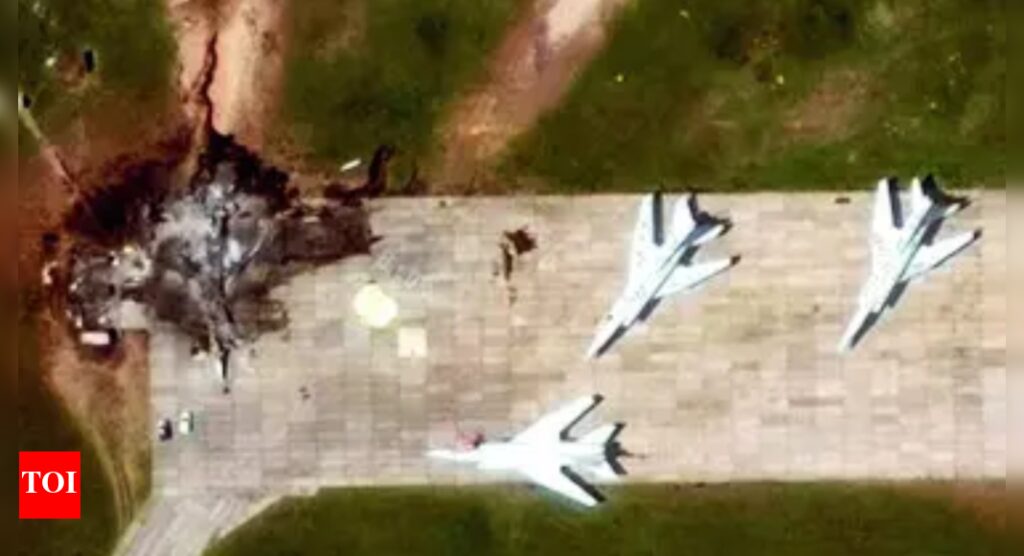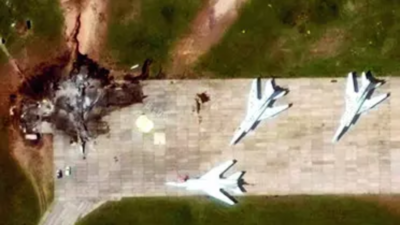Moscow counters Ukrainian drones by turning off Russians’ mobile internet

Katya’s phone suddenly refused to provide the basics she needed to drive home to Moscow from St. Petersburg. She, her partner and countless others were unable to go online, cut off from their apps for things such as maps, banking, paying road tolls and buying fuel. There was no warning, no hint how widespread the outage was, no clue how long it would last – but it wasn’t a surprise, either. Russia’s mobile internet networks now have frequent blackouts because of the war with Ukraine.Since last month, authorities have shut those networks down every day in various parts of the country, in unpredictable patterns, for hours at a time. The goal is to try to thwart attacks by Ukrainian drones that use mobile connections for navigation. It is a big disruption in a country where smartphones provide the only online access for millions of people. The govt regularly touts an array of online services, including filing tax returns and applying for jobs, and President Putin claimed this year that Russia was “a step ahead of many other nations.“Even so, “they can turn off the internet,” said Katya. She described how the govt had encouraged reliance on apps and web services – and then exercised control over internet access – as a “digital gulag”. The Russian govt has a record of restricting online freedoms. But the mobile internet shutdowns are the collateral damage of war, a response to Ukraine’s spectacular drone attacks on long-range bombers at Russian bases June 1.Day-to-day orders to shut down the mobile internet come from regional officials responding to reported drone intrusions, rather than from Moscow. “The Kremlin has been asking regional authorities to put up a defence against the drones – there’s nothing else they can do but turn the internet off,” said Mikhail Klimarev, head of the Internet Protection Society, an exiled Russian digital rights group. This year, authorities switched off mobile internet in Moscow for a few days before the annual Victory Day parade in May, a major event for Putin, who was hosting several world leaders. That outage exposed Muscovites’ reliance on apps for contactless payments, taxis, food delivery and shopping, but discontent was fairly muted. The lack of protests gave regional authorities the signal that “you can just turn the internet off” without causing a backlash, a lawyer said. Kremlin spokesperson Dmitry Peskov said, “Everything that’s linked to ensuring public safety is justified.” nyt






